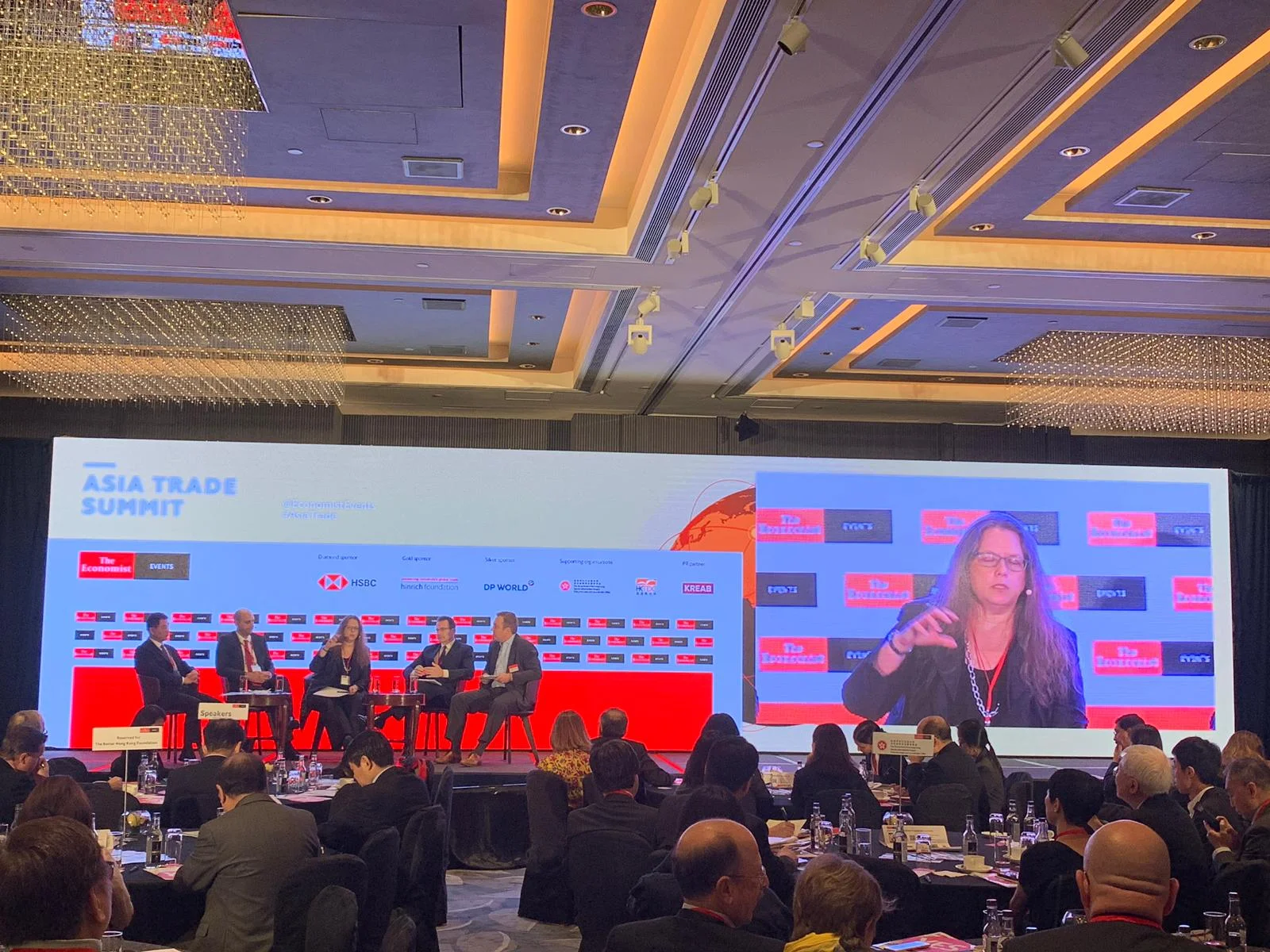The list of obstacles could go on. The point is that the promise of selling globally comes with increasing challenges. Hence the very good news that the World Trade Organization (WTO) has launched talks in Geneva to begin to create some global rules to sort out some of these issues. For smaller firms, global rules can at least ensure that added expense and time becomes a necessary part of doing business, rather than an irritating element of doing business with some countries. The size of the “prize” is huge. Estimates are all over the place on the current size of the digital economy, but Asia tends to lead the way. An extremely useful series of reports just released by the Hinrich Foundation on eight economies in the region (five out now: Vietnam, China, Indonesia, Malaysia and Australia) shows how much additional trade might be gained from eliminating barriers to digital trade.
ASEAN’s E-Commerce Agreement
The Southeast Asian digital economy is already estimated to be worth US$72 billion. The digital economy is on track to hit $240 billion by 2025, more than $40 billion higher than originally projected in a Google/Temasek study. The region is increasingly home to important unicorns like Grab, GoJek, Lazada, Sea and Tokopedia. Getting these firms and others that follow to flourish requires a nurturing policy framework. So far, ASEAN member states have had limited experience in crafting complementary digital regulations. At the domestic level, many ASEAN countries are headed in problematic directions—creating policies in various areas that could dramatically impede the ability of future unicorns to grow and thrive and strangling the prospects for smaller firms along the way. Hence the necessity for ASEAN to start to tackle e-commerce and digital trade in a regional manner. The agreement reached in November puts in place some useful provisions to get going. It urges member states to use paperless trading schemes and the use of information (other than financial services) via electronic means. It encourages members to be transparent about consumer protection measures and urges online personal information protection.
Helping Smaller Firms Thrive and Grow with Trade Policies
Policymakers should not assume that MSME firms will always stay MSMEs. Yet frameworks in many economies seem designed to trap smaller firms into a set category and entrench them into a “small” mindset. There will always be MSME firms. They form the backbone of most economies, as much as 97 percent of companies across Asia, employing the overwhelming share of workers. The goal of MSME policies should be enabling the current crop of smaller firms to grow, allowing firms in the “medium” category to reach large scale in relatively short order, while encouraging new entrants to the MSME ranks. Trade policy is one tool to help MSMEs grow. In most economies, the domestic market alone can be too small or even too competitive for success. E-commerce and digital technology, however, have allowed MSMEs to reach regional or global audiences.
A World Without the WTO
Companies have forgotten how much the global trade regime matters to daily firm operations. If it did, in fact, collapse, the result would be a disaster. The global trade rules are like air. They have existed for so long that companies and consumers take them for granted. They don’t even notice them any longer. But, like air, if it suddenly went away, firms and consumers would discover to their great dismay that they actually like and need air (or the global trade system) very, very much. Why do firms need the WTO? Start with the obvious issues. Right now, 164 countries are constrained in what they can do with tariffs rates. Up until this past year, WTO members did not just randomly hike tariffs overnight. Keeping tariffs consistent has allowed firms and customers to have stability and reduce risk.
European E-Commerce in Peril for Asian SMEs
When passed, the European Union (EU) Goods Package, as the legislation is called, will have ramifications to e-commerce that are at least as significant than the move by some countries to reduce or eliminate de minimis thresholds. Small and Medium Enterprises (SMEs) who sell online into the EU will be the most severely affected. The added administration and compliance requirements could cost businesses as much as €2,500 annually. This amount could equal the annual margins of some smaller firms that sell online today. Firms from Asia are especially at risk.





